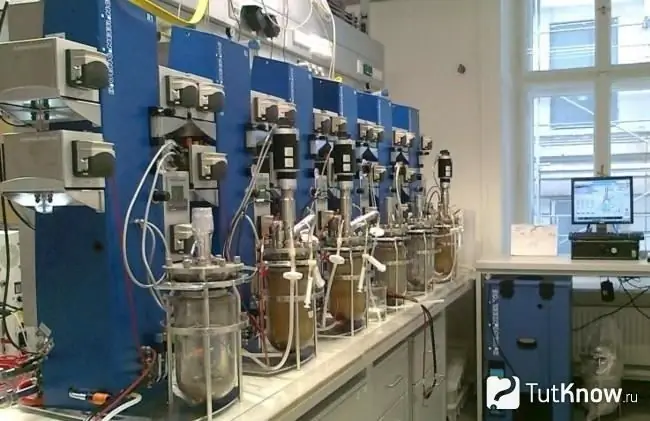- Author Arianna Cook cook@women-community.com.
- Public 2023-12-17 14:23.
- Last modified 2025-01-23 09:40.
The benefits or harms of a sweetener. Composition, calorie content, peculiarities of erythritol assimilation. How to choose a sweetener and where can you add it?
Erythritol is a naturally occurring sweetener extracted from starchy plants, usually corn or tapioca. Has a sweet taste with a slight mint chill. An alternative name is erythritol. In the composition of the products in which it is included, it is usually recorded as an additive E968. It is noteworthy that the additive performs not only the option of creating a sweet taste, but also plays the role of a stabilizer and humectant. It is currently considered one of the safest sugar substitutes. It was opened back in 1848, but only now it is actively gaining popularity, not only in the food industry, but also in pharmaceuticals and cosmetology. As for food use, it is worth noting that the additive is most appropriate in ice cream, dairy desserts and sweet sauces, since it allows you to form a voluminous fluffy texture with a full taste. In cosmetology, the sweetener erythritol is primarily used for the manufacture of oral hygiene products. Pharmaceuticals use sahzam to sweeten bitter medicines.
Features of the production of erythritol

Erythritol is found in many plants; it is abundant in various fruits, especially pears, as well as in plums, melons, and grapes. It is noteworthy that you can get it from unsweetened foods such as mushrooms or seaweed, for example. But if we talk about what erythritol is made of on an industrial scale, it is corn and tapioca, it is most profitable to use these crops.
The substance was discovered in 1848 by the Scottish chemist John Stenhouse. They were first able to isolate it in 1852, but only by 1990 was it possible to invent a commercially viable way to extract the additive.
The process is carried out by natural fermentation. First, a highly concentrated solution of D-glucose is extracted from the raw materials by enzymatic hydrolysis of starch, after which it is fermented with the participation of safe yeast microorganisms, and then purified and dried. In essence, this technology is environmentally friendly, and therefore the resulting product can be called organic.
The process, in fact, is technically quite difficult, and therefore, at present, the additive is produced on an industrial scale only in China, the main supplier is Shandong Sanyuan Biotechnology Co., Ltd.
Alternative - simpler and faster - methods of erythritol mining are being developed in many countries - Japan, Austria, USA, South Korea, Poland. The most promising in this vein today is the so-called electrochemical synthesis, the subtleties of which, however, have not yet been disclosed.






